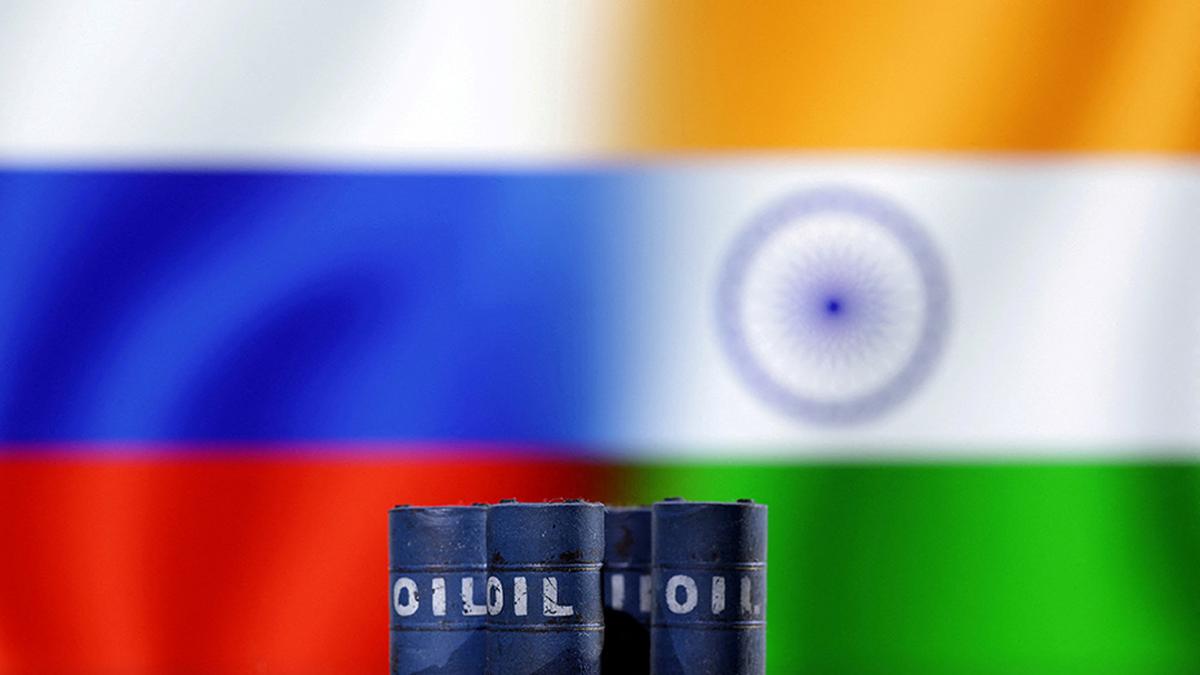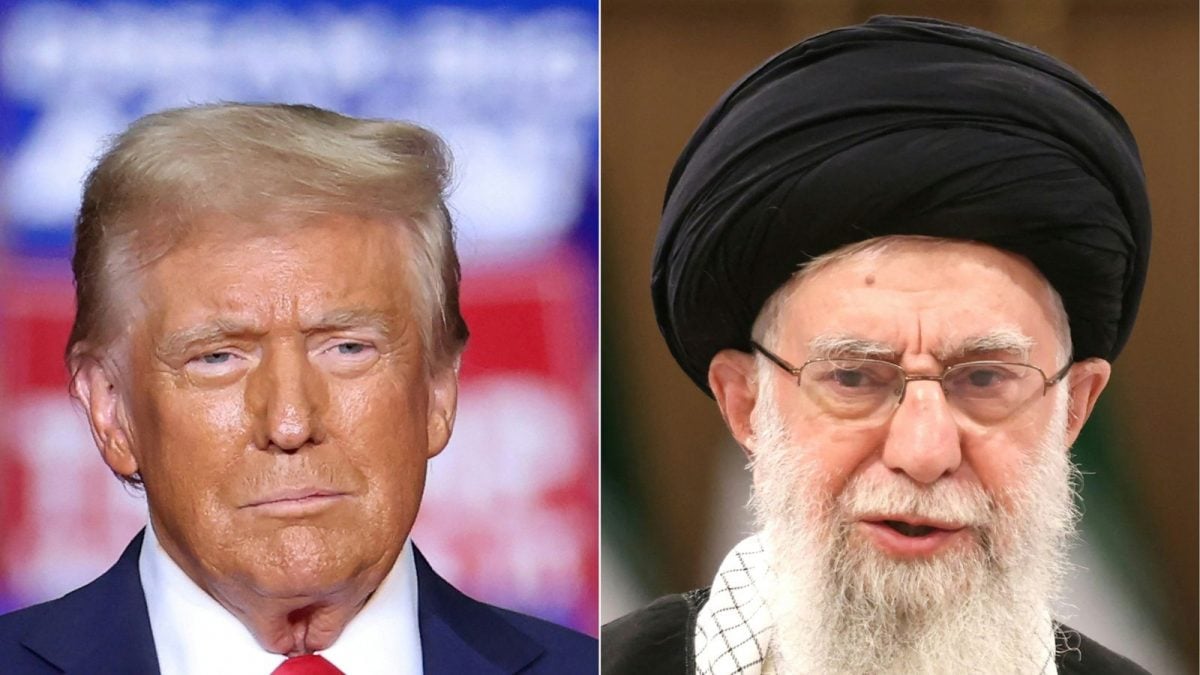A dual-use equipment seized by India from a Pakistan-bound merchant vessel in 2020 is linked to Islamabad’s National Development Complex, which is involved in the country’s missile development programme, a new report by the Financial Action Task Force (FATF), the global anti-terror financing watchdog, has said.
The report listed the case under a section on the misuse of the maritime and shipping sectors, including to transport a range of commodities, including dual-use equipment.
“In 2020, Indian Customs authorities seized an Asian-flagged ship bound for Pakistan. During an investigation, Indian authorities confirmed that documents mis-declared the shipment’s dual-use items,” the FATF report said.
“Indian investigators certified the items for shipment to be ‘autoclaves’, which are used for sensitive high-energy materials, and for insulation and chemical coating of missile motors,” the report said. It said these sensitive items are included in dual-use export control lists of the Missile Technology Control Regime (MTCR).
The bill of lading of the seized cargo provided evidence of the “link between the importer and the National Development Complex, which is involved in the development of long-range ballistic missiles”, it said.
The export of equipment such as autoclaves without formal approval from various authorities is a violation of the existing law, the FATF said.

Pakistan’s National Development Complex (NDC) has played a crucial role in the development of Pakistan’s missile programme.
India seized the dual-use equipment from merchant vessel Da Cui Yun at Kandla port in Gujarat on February 3, 2020.
Loopholes
The report noted significant vulnerabilities in the global financial system in countering the financing of weapons of mass destruction (WMD).
"Despite the grave threat posed by proliferation financing, only 16 per cent of countries assessed by the FATF and its global network have demonstrated high or substantial effectiveness" in a process that evaluates the implementation of targeted financial sanctions under the United Nations Security Council resolutions on proliferation.
The report said that unless the public and private sectors urgently bolster technical compliance and effectiveness, those seeking to finance WMD proliferation will continue to exploit weaknesses in the existing controls.
The report provided a detailed analysis of the evolving methods and techniques used to evade proliferation financing-related sanctions. “Illicit actors are employing increasingly sophisticated methods to evade sanctions and circumvent export controls,” it said.



.png)
.png)
.png)
















 5 hours ago
5
5 hours ago
5









 English (US) ·
English (US) ·